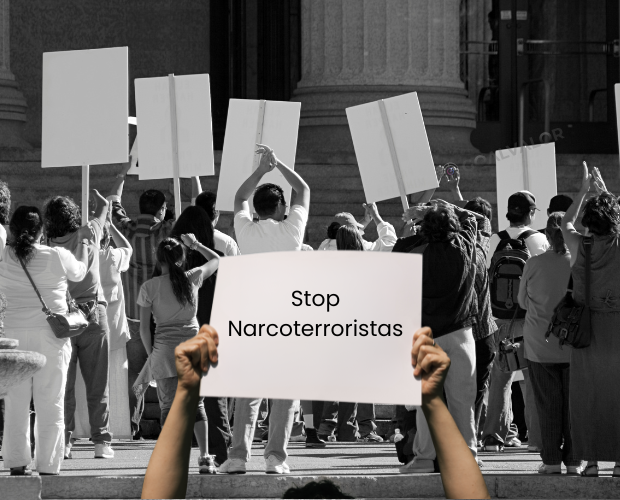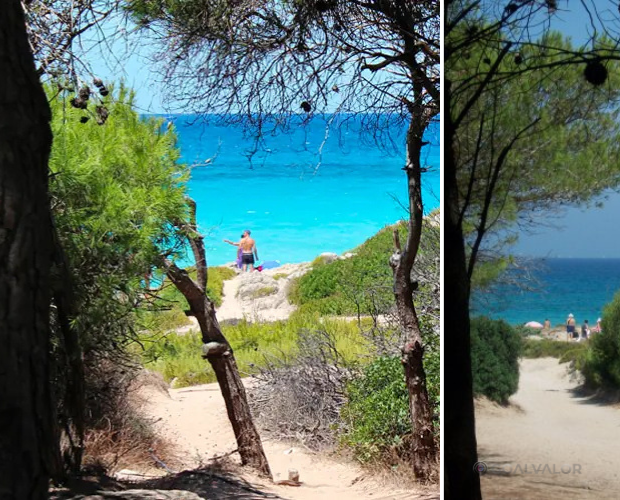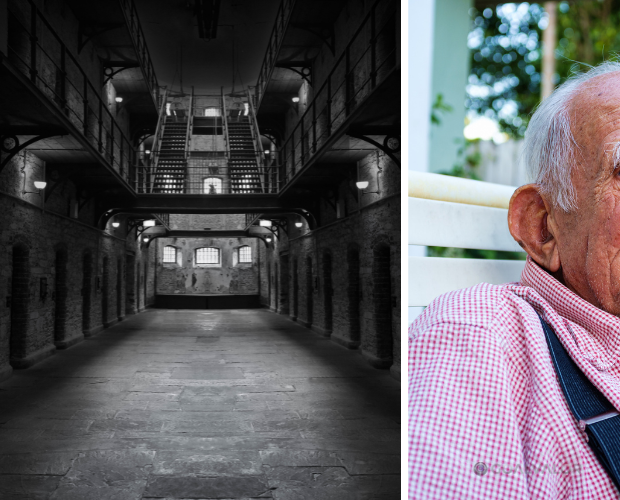Controversial Alliance in Ecuador: Noboa’s Deal with Erik Prince Amid Intense Electoral Clamor
With the presidential elections just around the corner, Ecuador finds itself in a period of intense political and social polarization. The recent strategic alliance announced by President Daniel Noboa with Erik Prince, founder of the private security company Blackwater, has rekindled a heated debate about national security and the integrity of human rights in the country.
An Alliance that Sparks Controversy
President Noboa defends the collaboration with Erik Prince, arguing that the security expert possesses the necessary experience to advise both the Armed Forces and the Police in the fight against an "unconventional urban guerrilla." This move, framed by the need for increased international support and additional personnel to combat organized crime, is presented as part of a strategy to re-establish order in an especially delicate electoral context.
However, the alliance has not failed to provoke criticism. Human rights organizations such as the Ecumenical Commission on Human Rights (CEDHU) have expressed their rejection of Prince’s presence in Ecuador, warning that "private military companies operated by mercenaries" are beyond state control. CEDHU emphasizes Blackwater’s track record—an enterprise implicated in incidents such as the 2007 massacre of civilians in Iraq—as sufficient grounds to question any agreement of this kind (CEDHU.org).
Similarly, the Permanent Committee for the Defense of Human Rights (CDH) has indicated that hiring personnel linked to Erik Prince could lead to the formation of paramilitary groups and the systematic persecution of social leaders and human rights defenders. According to the CDH, the government’s rhetoric of “training” masks an interventionist strategy that could threaten national sovereignty and weaken state control over security operations.
Criticism and the Electoral Context
In political circles, figures such as former Army commander Luis Altamirano have denounced what they consider an "insult" to the Ecuadorian Armed Forces. Altamirano criticizes that, under the pretext of international cooperation, the government is contracting the services of an "army of mercenaries" that, in his view, could engage in violent and opaque practices.
On the other hand, the government’s discourse highlights the need to modernize and strengthen security, particularly in light of the increase in organized crime and narco-terrorism. Noboa has even hinted at the possibility of additional collaborations with special forces from the United States, Europe, and Brazil, in an effort to safeguard national sovereignty and territorial integrity. These declarations resonate strongly at a time when national security is one of the central issues in the electoral debate, just days before the presidential elections.
A Mirror of Realities that Captivates and Concerns
The collaboration with Erik Prince has polarized public opinion. While the government maintains that this agreement is essential for an effective fight against narco-terrorism, various organizations and critical sectors warn of the risk that such a move might lead to practices undermining human rights and Ecuador’s sovereignty. The tension between the need for security and the fear of extraterritorial intervention is particularly palpable in an electoral context where every decision carries significant weight.
This alliance becomes a reflection of a society caught between the desire for modernization and the concern for preserving democratic guarantees and institutional integrity. With over 2,500 murders reported in the first quarter of 2025 (according to figures cited by CPAZ from the CDH), the atmosphere of uncertainty and alarm reinforces the urgency of an open and transparent debate.
Conclusion
With the elections just days away, Noboa’s alliance with Erik Prince stands as a critical issue in the national debate. Can Ecuador strengthen its fight against narco-terrorism through this strategy, or does it risk ceding control to private forces with a problematic history? The truth is that time—and particularly the upcoming electoral decisions—will define the direction of this security policy.
At GoalPress, we believe that telling these stories is essential for an informed citizenry capable of making conscious decisions. That is why we invite you to closely follow this and other cases that will shape the future of the country.
Sources: CEDHU (cedhu.org), Reuters, El País, Primicias.ec.









